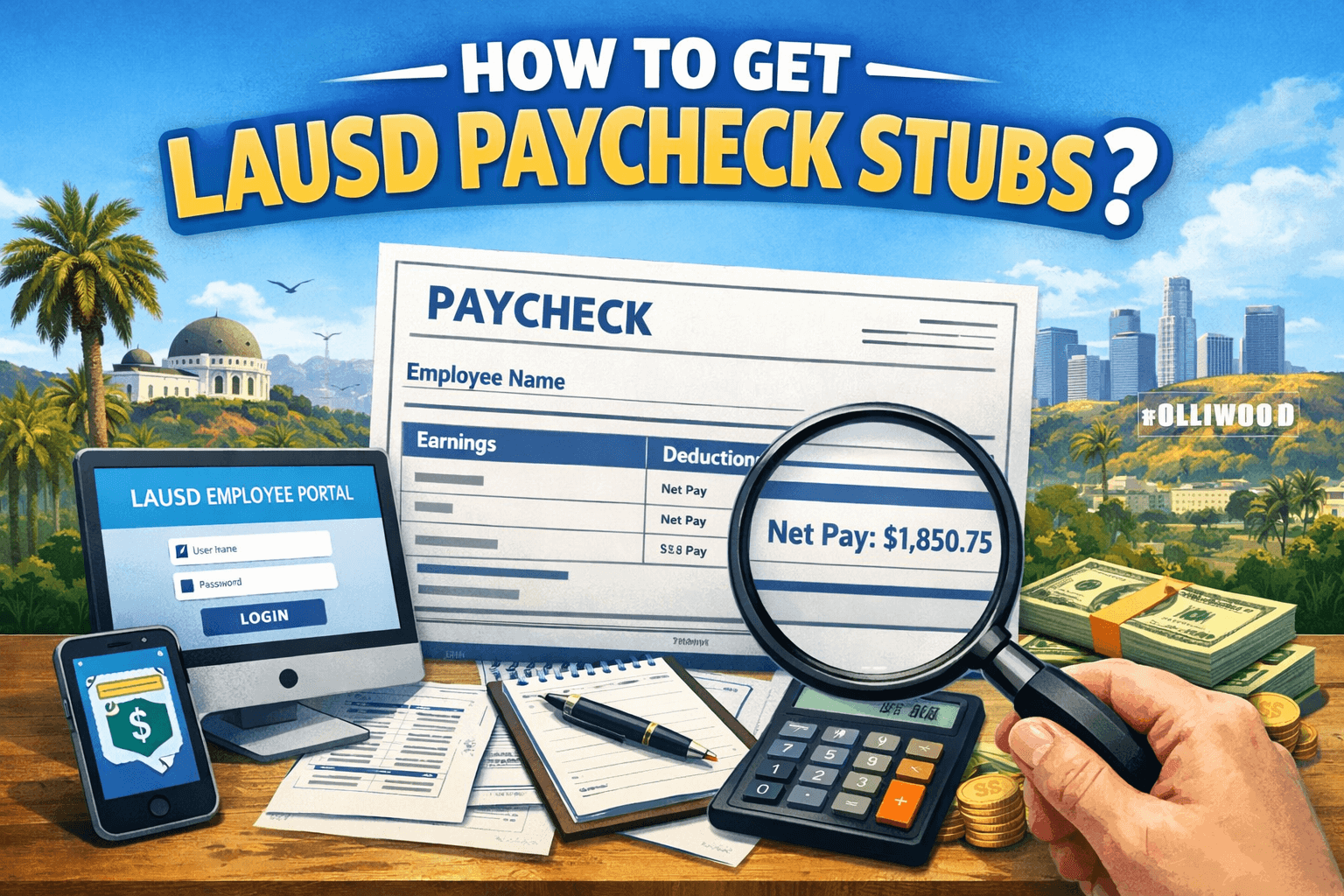What Is Accrued Leave?
Accrued leave is simply the paid time off you’ve earned at work but haven’t used yet. Instead of getting all your vacation or sick days at the start of the year, many companies let you build them up little by little. The longer you work, the more leave you collect.
Think of it like a savings account you add to it each pay period, and when you’re ready, you can “spend” those days on vacation, personal time, or sick leave.
How It Works in Practice
Most employers have a clear accrual policy. For example, you might earn one vacation day every month. After six months, you’d have six days saved up. Some companies let you carry those days into the next year, while others expect you to use them before the year ends.
In some states, accrued leave counts as earned wages. According to the U.S. Department of Labor, unused paid time off may be subject to wage protection laws. That means if you leave the company, your employer may have to pay you for any unused time.
Why It Matters
Accrued leave is important for both sides:
- Employees know they have time off to look forward to and can plan vacations or breaks with confidence.
- Employers can keep payroll and staffing organized by spreading out leave over the year instead of everyone taking time off at once.
Real-Life Example
Let’s say Maria’s company gives 12 vacation days per year. Instead of all 12 showing up on January 1st, she earns one day per month. By July, Maria has six days in her “time-off bank.” If she doesn’t use them, they stay there until she decides to take a break.
Accrued Leave vs. Borrowed Leave
| Category | Accrued Leave | Borrowed (Advance) Leave |
| What it is | Time you’ve already earned | Time you take before you’ve earned it |
| Balance | Positive (you’re owed time off) | Negative (you “owe” time back) |
| Employer’s View | A liability to be paid | A risk if the employee leaves early |
Key Takeaways
- Accrued leave = earned paid time off you haven’t used yet.
- It adds up over time, usually each pay period.
- Some states require companies to pay it out if you leave your job.
- Tracking it properly helps avoid payroll disputes.
Keep Track the Easy Way
Accrued leave is part of your paycheck—even if you don’t see it right away. That’s why keeping accurate payroll records is so important.
With Real Paystub Generator, you can create professional pay stubs in minutes and keep your leave balances transparent.
FAQs – Accrued Leave
Q1. What is accrued leave?
Accrued leave is paid time off you’ve earned at work but haven’t used yet. It builds up over time, usually each pay period.
Q2. How does accrued leave work?
Most employers allow you to earn leave gradually. For example, one vacation day per month adds up, so after six months, you’d have six days available.
Q3. Can accrued leave be carried over to the next year?
It depends on the company’s policy. Some allow carryover, while others require you to use your days before year-end.
Q4. Is accrued leave considered earned wages?
In some states, yes. Unused paid time off may need to be paid out if you leave the company.
Q5. Why is accrued leave important?
It helps employees plan vacations and breaks, while allowing employers to manage payroll and staffing effectively.
Q6. How do I track accrued leave?
Employers usually track leave through payroll or HR software. Accurate records ensure you get the time off or payout you’ve earned.
Q7. What happens if I leave the company with unused accrued leave?
Depending on state laws and company policy, you may be entitled to payment for your unused accrued leave.
Q8. Can accrued leave be used for sick days?
Yes, accrued leave often includes vacation, personal, and sick time, depending on company policy.
Q9. How can I keep track of my accrued leave easily?
Using payroll tools like Real Paystub Generator helps maintain accurate leave balances and transparency.







